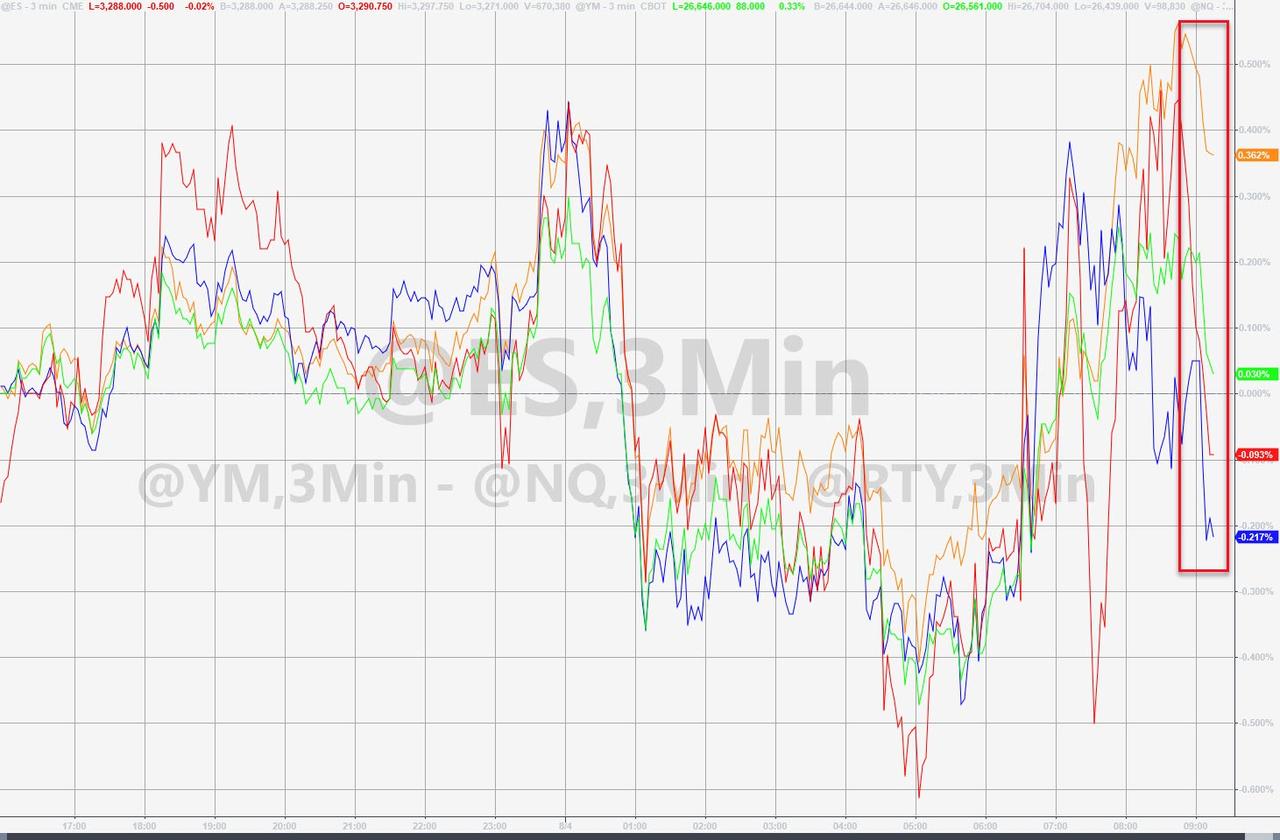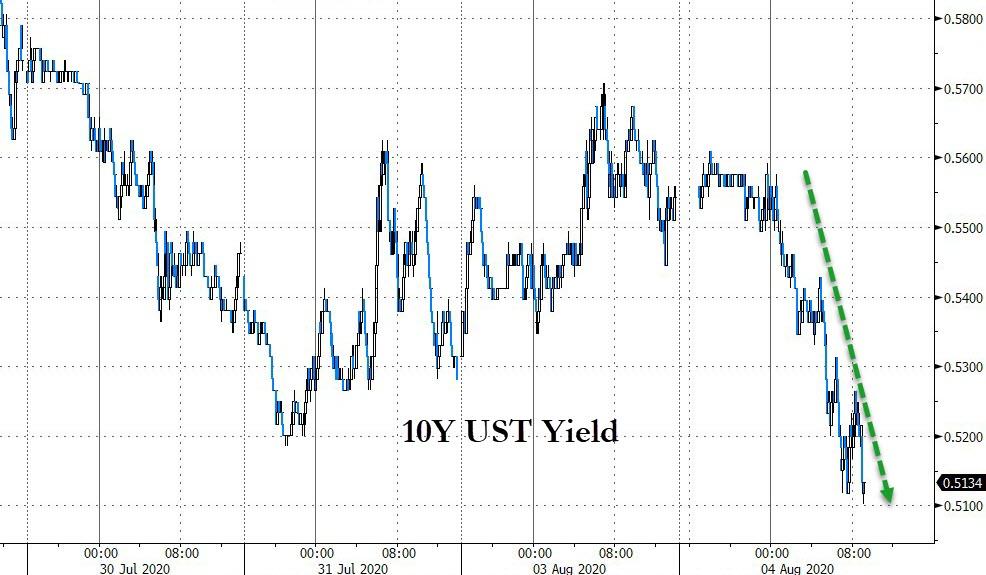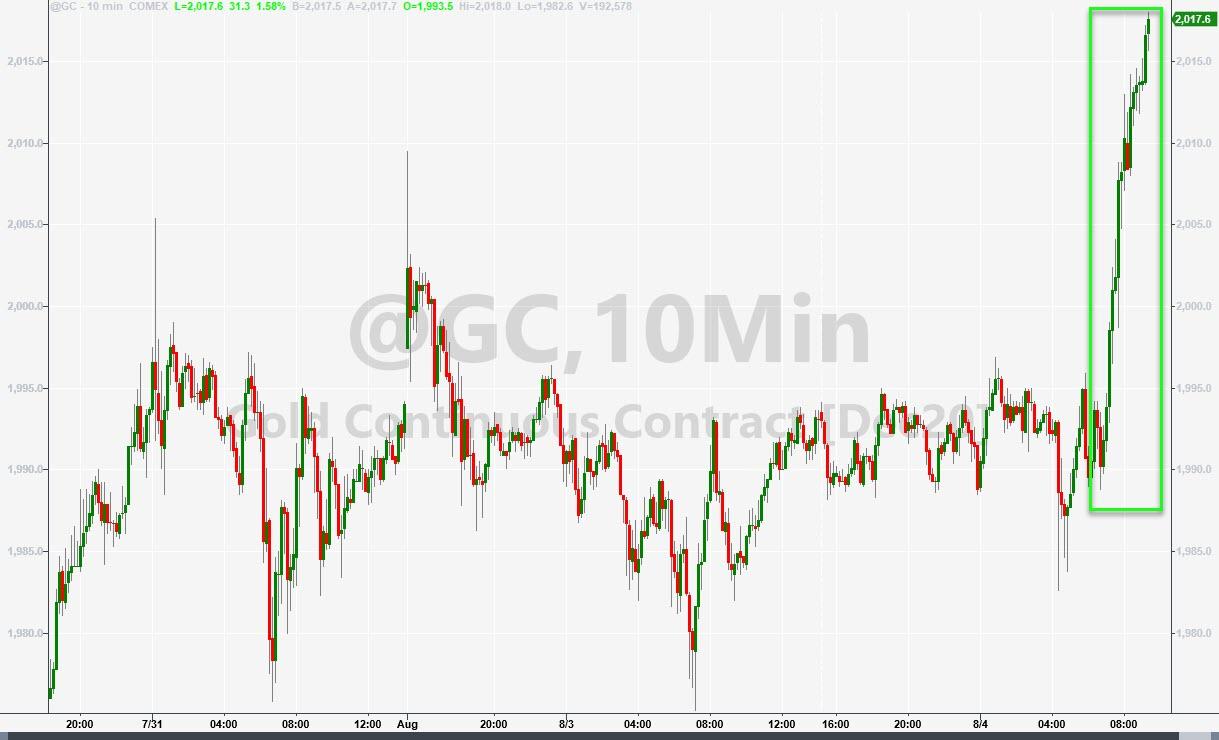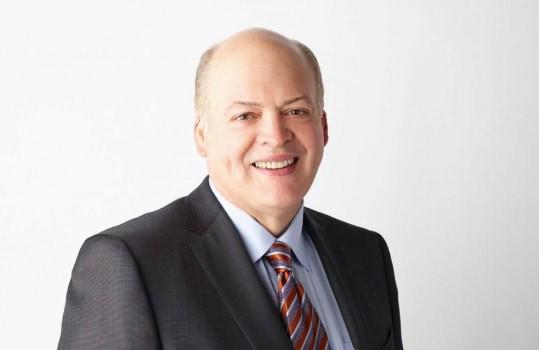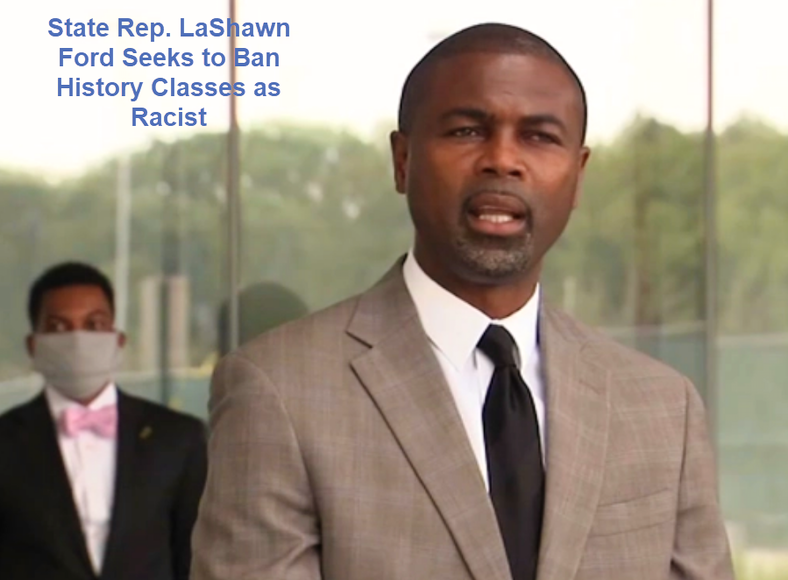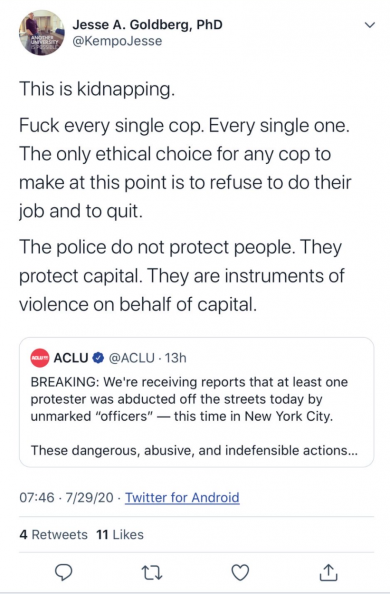Trump Can Ensure A V-Shaped Economic Recovery By Heeding The Lessons Of 1921
Tyler Durden
Tue, 08/04/2020 – 12:29
Authored by Walter Block via The Mises Institute,
A U or V? That is the question – whether the economic recovery from the COVID-19 shutdown will be a long, drawn-out process, a wide, flattish U” or a sharp, upward-bound one, a V.
To best wrestle with this question, let us look back a bit at some economic history regarding recessions and depressions, focusing on the US. Is this of interest to those following the course of the Chinese economy? Of course. When the US sneezes, China catches a cold. And, of course, the opposite is true as well.
Right now, the political relationship between these two countries has soured. But this will not, hopefully, always be true. In any case, economic law still operates, no matter what are the diplomatic relationships between nations.
The depression in 1921 was short lived—maybe not a V, but at least a very narrow U. It was created by prior governmental monetary mismanagement, which led investors, as if by Adam Smith’s “invisible hand” to engage in more long-term capital goods investments than the voluntary saving investment decisions of the populace would warrant, based on their time preference between present and future consumption.
Happily, during the 1921 depression, the government of President Warren G. Harding did not intervene with monetary stimulus, and the entire episode was over not in a matter of weeks (the V) or years (a fattish U), but months (a narrow U).
The Great Depression, which stretched from 1929–41 (a morbidly obese U) stemmed from identical causes.
Here, I am subscribing to the Austrian analysis of Ludwig von Mises and Friedrich Hayek, not the Milton Friedman monetarist explanation of a lowered stock of money in the 1930s.
But Presidents Herbert Hoover and Franklin D. Roosevelt “fixed” this by propping up heavy industries whose extent was overblown by the previous artificially lowered interest rates, in an early “too big to fail” paroxysm.
The Smoot-Hawley Tariff added insult to injury, and put the kibosh on any early recovery.
The blunder of 2008 also stemmed from unwise governmental policy. In 1992, the geniuses at the Boston Federal Reserve implied that the banking system was racist, since banks were more likely to reject mortgage applications by blacks and Hispanics compared to whites.
Rather, in my view, their favorite color was green: the ranking in terms of credit reliability and collateral determined lending practices.
But the US Department of Housing and Urban Development contributed to the eventual crisis by diverting mortgages; billions of dollars were improperly diverted into the housing market. Only when bankruptcies were finally allowed did we escape from that debacle. Call that a fattish, but not an obese, U.
This brings us to present considerations. As an Austro-libertarian, I see government failure as the cause of virtually all depressions, and we are certainly in one now. However, I am forced to admit an exception to this general rule. The depression of 2020 is a product of some very vicious little virus critters, not the state apparatus.
I now predict the sharpest of Vs, but if and only if, all other things being equal, the Trump administration cleaves to market principles.
First, and perhaps most important, stop paying people more to stay home from work than the salaries they can garner from their employers.
It is beyond me why US President Donald Trump ever agreed to any such a scheme in the first place.
Does he not want to win the election in November? Does he not realize that a fast recovery, a V, will help him inordinately in that regard? Does he not realize that if people do not get back to work, there will be no recovery at all?
Second, do not commit the same error as the Smoot-Hawley Tariff. Trump should beware this error, because he has a natural protectionist instinct in his intellectual armamentarium. He should mightily resist it.
Third, do not give in to our friends on the left who wish to boost the federal minimum wage level to $15, or to raise it at all. This is an unemployment creator par excellence, particularly for unskilled workers.
Does Trump not realize that a large part of his success in battening down the unemployment rate for the black community, and particularly for younger, less-skilled African Americans, stems from his holding the line on this matter? The Coronavirus Aid, Relief, and Economic Security program already has provisions in this direction and they should be strongly resisted.
Fourth, in no particular order, Trump should use all his good offices to stop the maniacal US Federal Reserve from furiously pumping money into the economy. These are the seeds for the next business cycle downturn, and risk another bout of inflation, which we certainly do not need to compound our economic difficulties.
So, Mr. President, embrace the free enterprise system, attain a V, a very narrow and sharp one, and the prognostication for November will be significantly boosted.
via ZeroHedge News https://ift.tt/3i7WeB2 Tyler Durden

